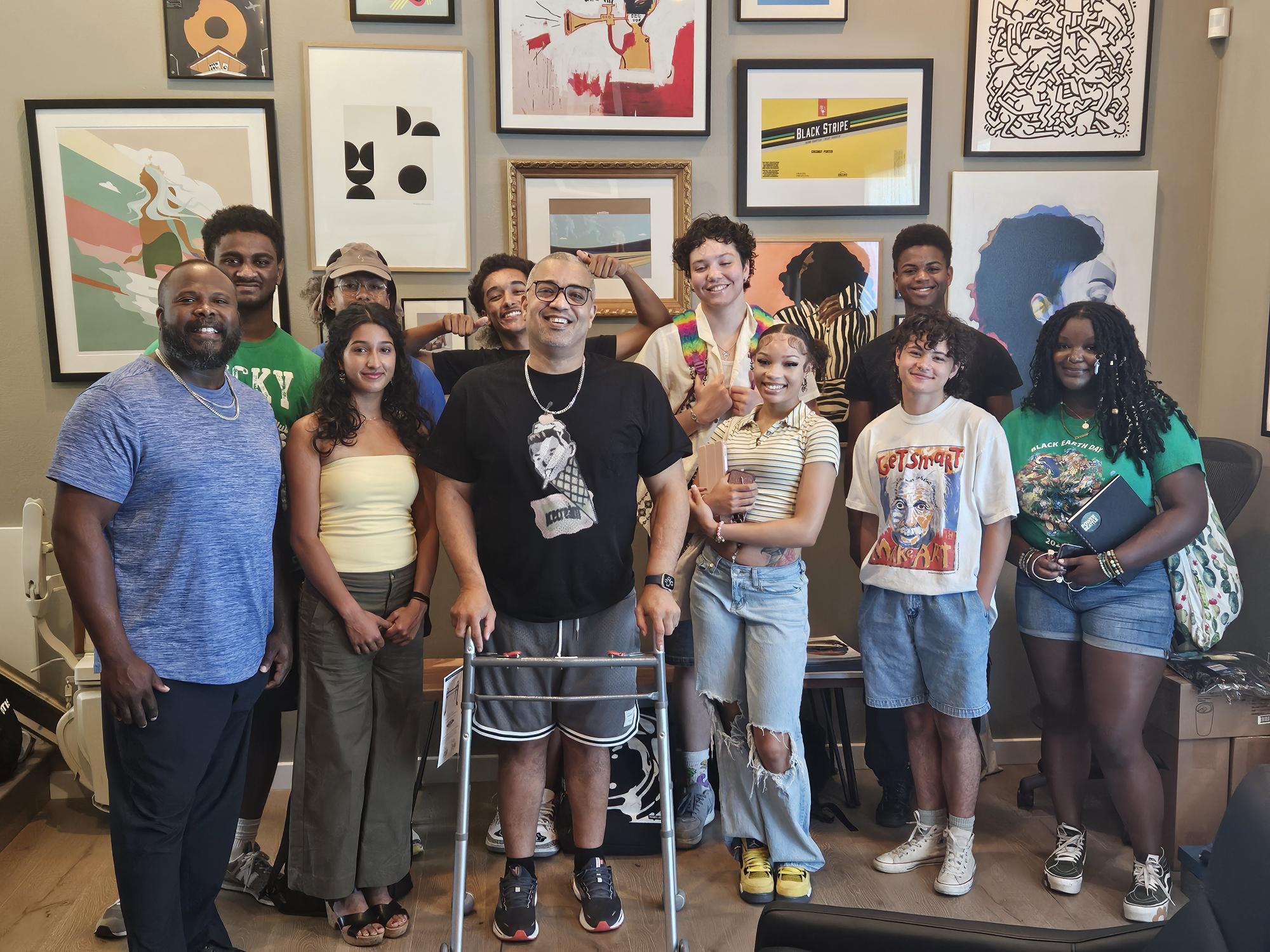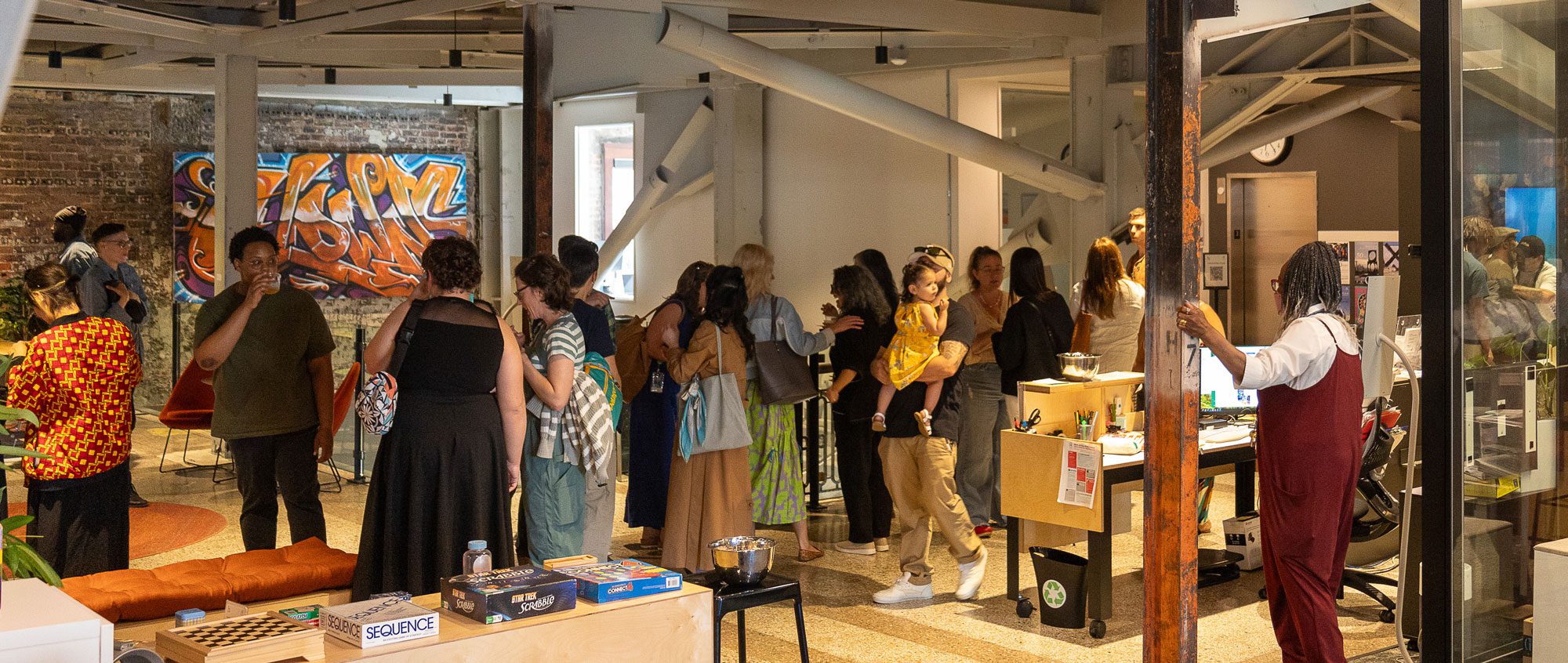
By Matthew Richter, Cultural Space Liaison
It is the responsibility of those in power to listen to those without power. (See Moscow 1917, or Boston 1773, or Cairo 2011, for examples of alternatives to listening.) Nonprofit arts organizations would do well to learn the lessons of centuries of deaf political power structures. There are too many cautionary tales, some of them local and contemporary, to ignore. The death of a regional nonprofit theater might not make international news, but with the addition of a simple internal feedback loop, these deaths could be easily avoided.
Recently I had the pleasure of hosting Shitstorm 2014, an open-to-the-public but under-a-cone-of-silence conversation with artists and arts professionals designed to facilitate a freeform open flow of ideas. Shitstorm seeks to avoid the formality and politeness of a panel discussion and feel more like the argument at the bar after the panel discussion.
This iteration of the forum was called “See Something, Say Something” and was convened in the wake of the folding of Balagan Theatre and the wave of “I told you so” armchair quarterbacking that took place on social media in its wake.
The specifics of the Balagan implosion and the related dirty laundry don’t interest me, except to the degree that people in the room, people who worked for Balagan as actors, or stagehands, or volunteers, claimed to have attempted to connect to the power structure at the theater and were, for various reasons, not heard. The people who were doing the work of the theater perceived problems with the theater and found themselves unable to communicate those perceptions back to the theater.
This surfaced as a common thread in the room, not just with Balagan, but with other arts organizations as well, both large institutional and small fringe. Artists, volunteers, and low-on-the-ladder employees repeated the observation that the organizations they cared about were deaf to their criticism. These are the workers who drive these organizations, whose artistic and technical output are the work of the organizations, and those in control of the organizations (executive staff and board members) have no connection to them.
What amazed me about this was the degree to which these arts workers took the responsibility for being heard onto their own shoulders. I swear I heard the phrase “I kept trying to make myself heard” a dozen times. This is insane, completely backwards, and also unfortunately totally normal, par for the course. Those with the least political power in an organization should not be responsible for making themselves heard, and yet that’s the norm.
It’s not the responsibility of those without power to make themselves heard. It’s the responsibility of those with power to listen. They should do this for selfish, mercenary reasons based in a desire for self-preservation. Every organization should have a well-defined, easily-accessed, and functional “feedback loop” built into their hierarchy, connecting those at the top with those at the bottom (and every other level).
Every time a new cast sits down for a table-read, someone from the board or the executive staff should be there to present themselves as a liaison. At every volunteer orientation session, at every first meeting of a new class, at every first production meeting, the organization’s power structure (board or staff) has to be present to point to the organization’s ears. And in order for all of this to mean anything, those ears must be connected to the organization’s brain.
A functioning feedback loop does more than simply make the low rungs of the organizational ladder feel warm and fuzzy for feeling heard. It conveys often vital information through the organization, information that could have saved Balagan, information that could save the next.
Matthew Richter is the Cultural Space Liaison for the City of Seattle and can be reached at matthew.richter@seattle.gov


